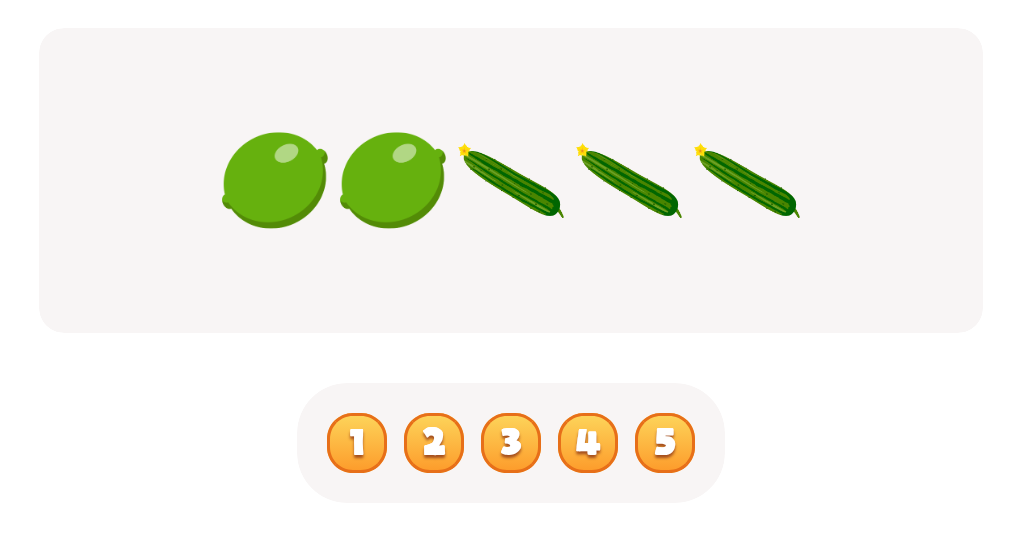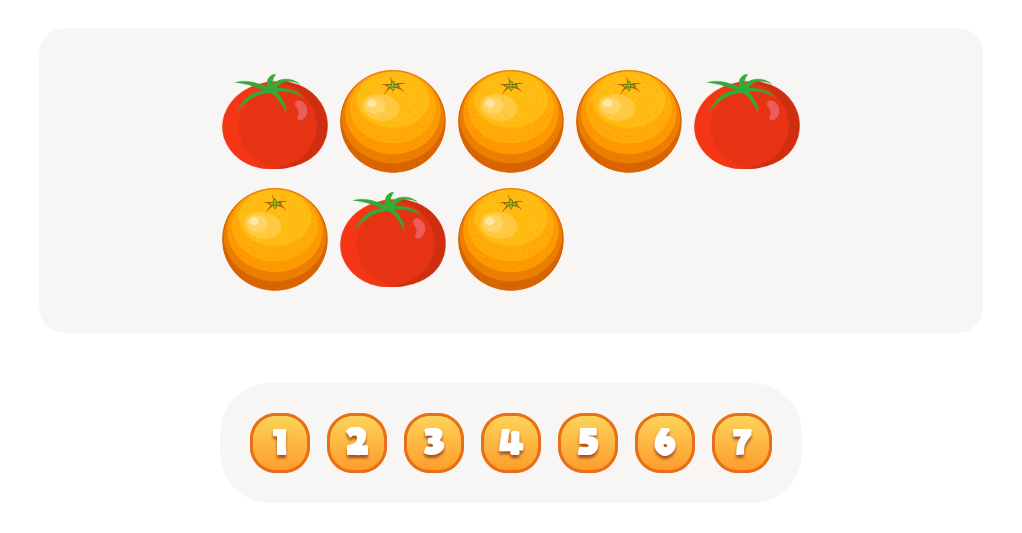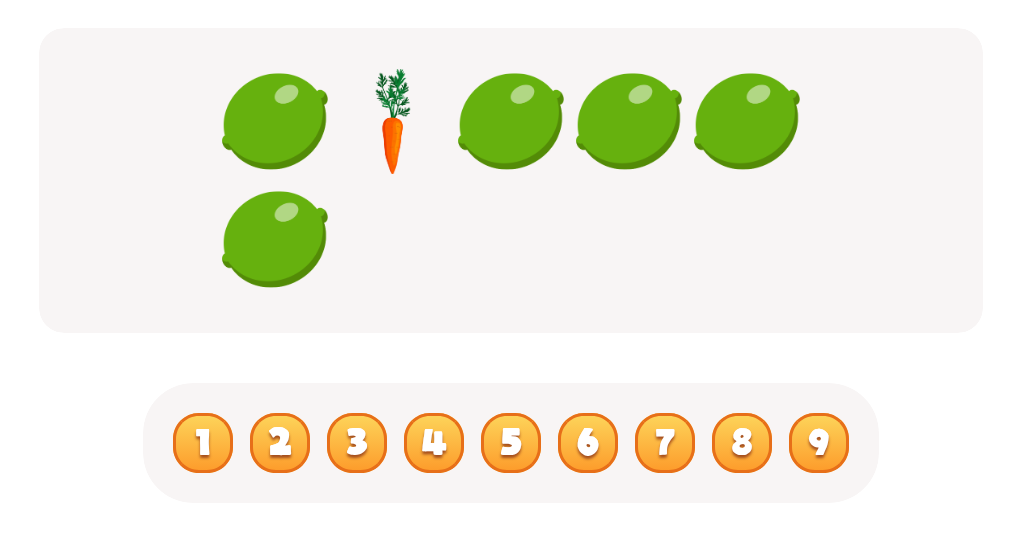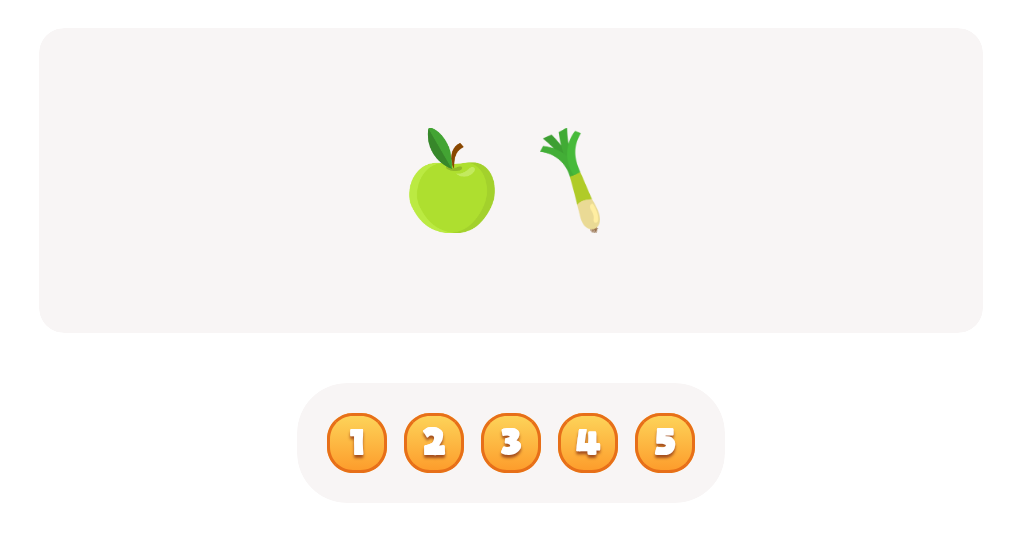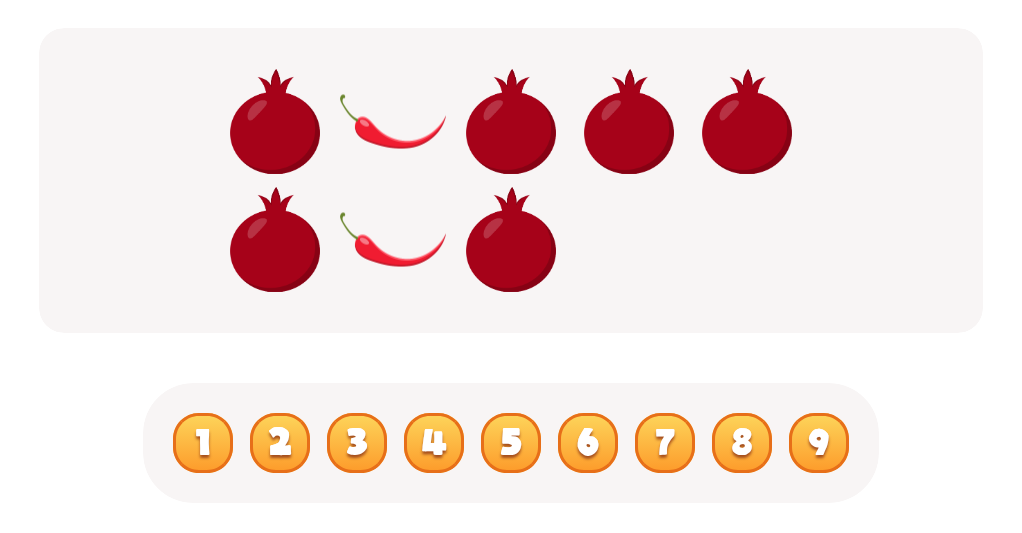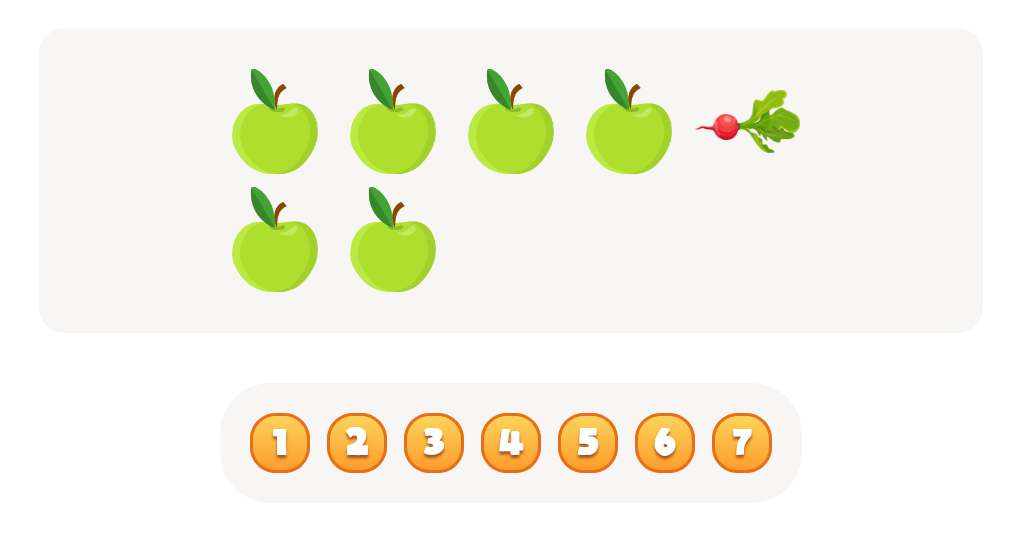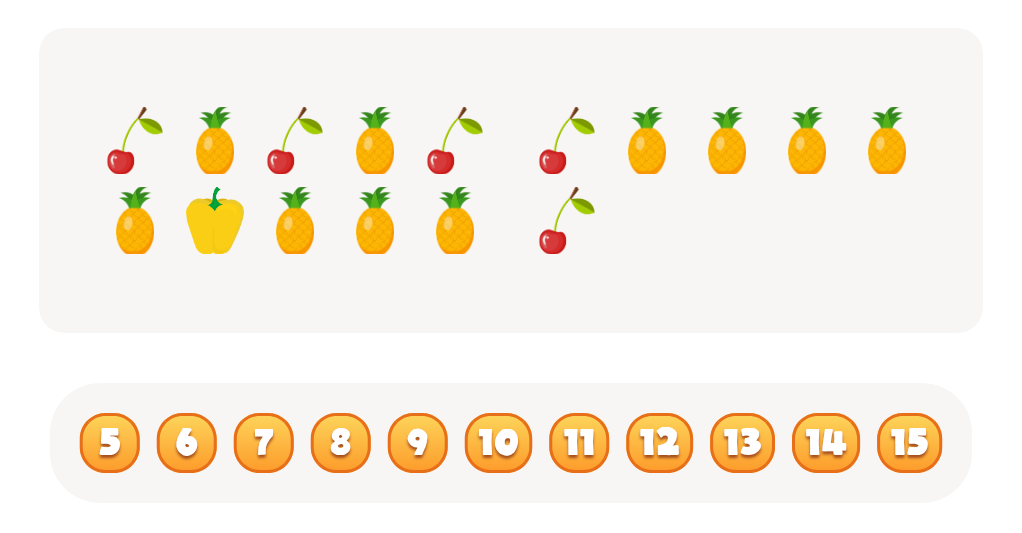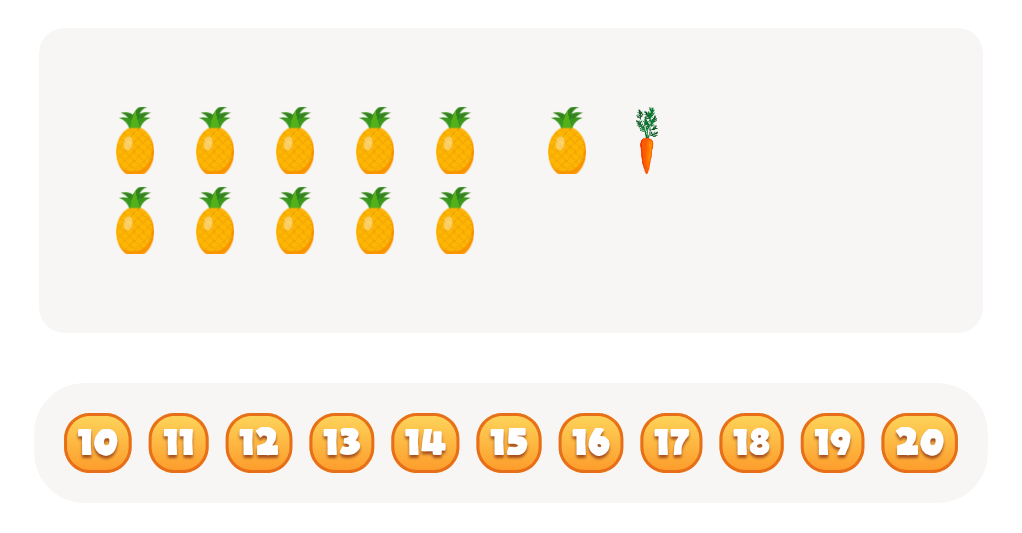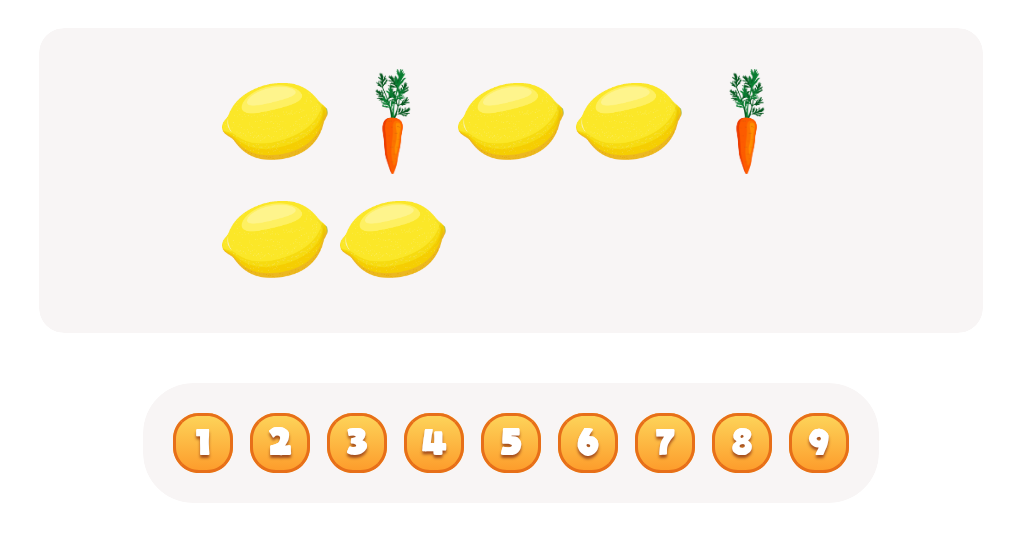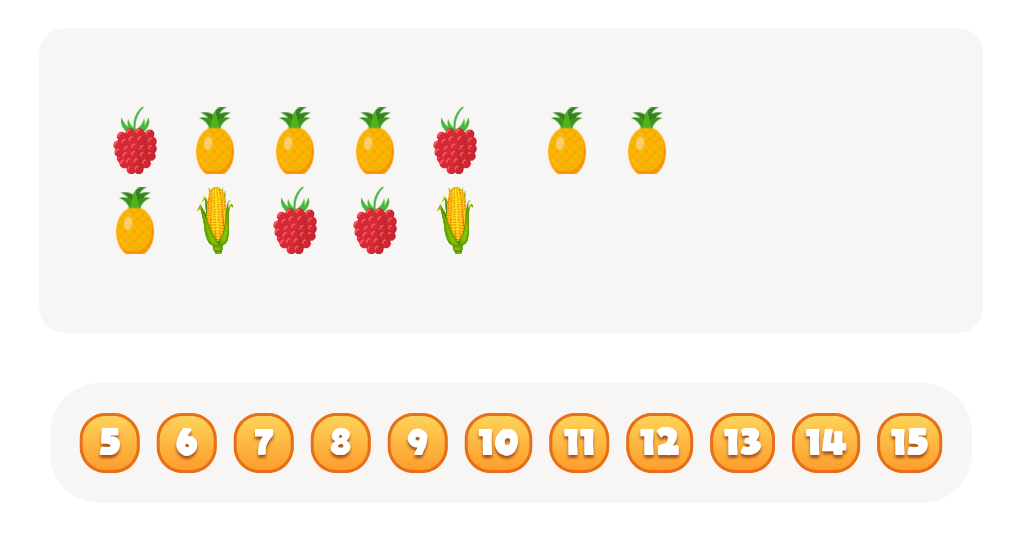Enhancing observation skills Normal Plants and Animals Worksheets for Ages 3-6
4 filtered results
-
From - To
Explore the wonders of nature with our engaging "Enhancing Observation Skills: Normal Plants and Animals Worksheets for Ages 3-6". These specially designed worksheets help young learners develop essential observation and critical thinking skills through hands-on activities. Kids will discover the basics of plants and animals, boosting their curiosity and understanding of the natural world. Perfect for home or classroom use, these worksheets encourage interactive learning with vivid illustrations and simple exercises tailored to preschool and kindergarten children. Foster a love for science in your little ones today with our fun and educational observation skill worksheets!


Pollinator Positions Worksheet
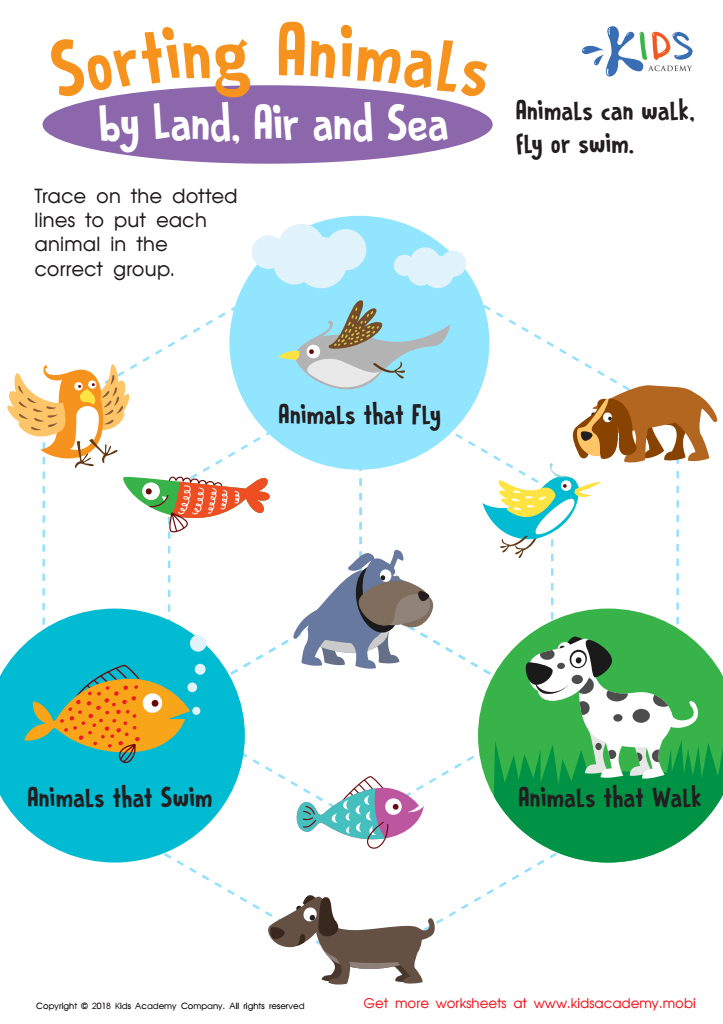

Sorting Animals by Land, Air and Sea Worksheet
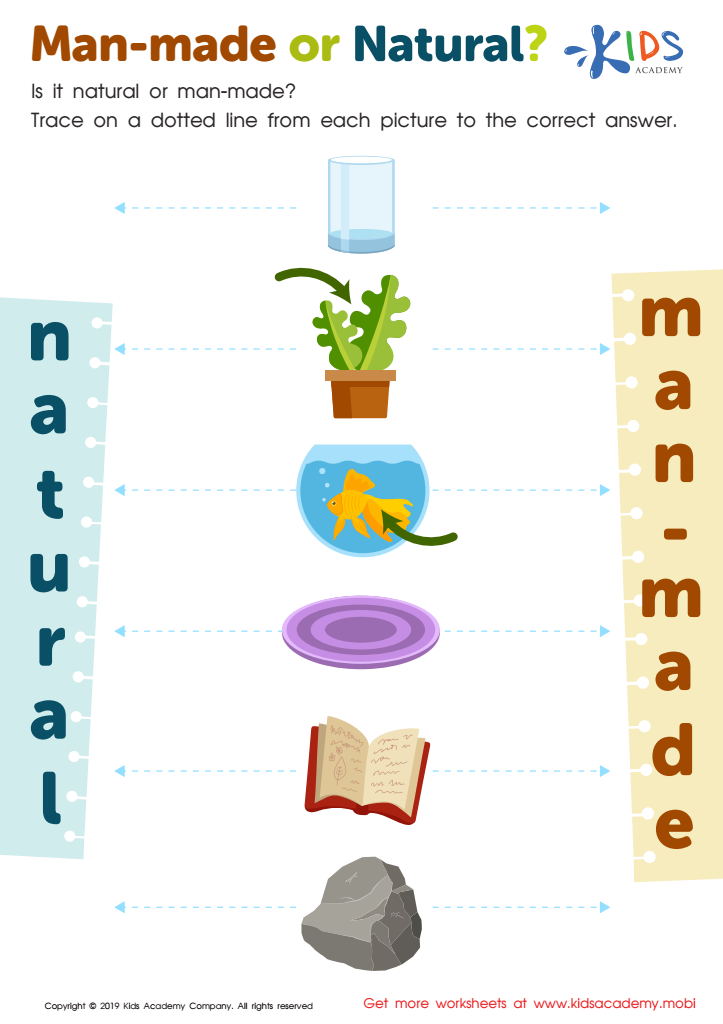

Man-Made or Natural? Worksheet
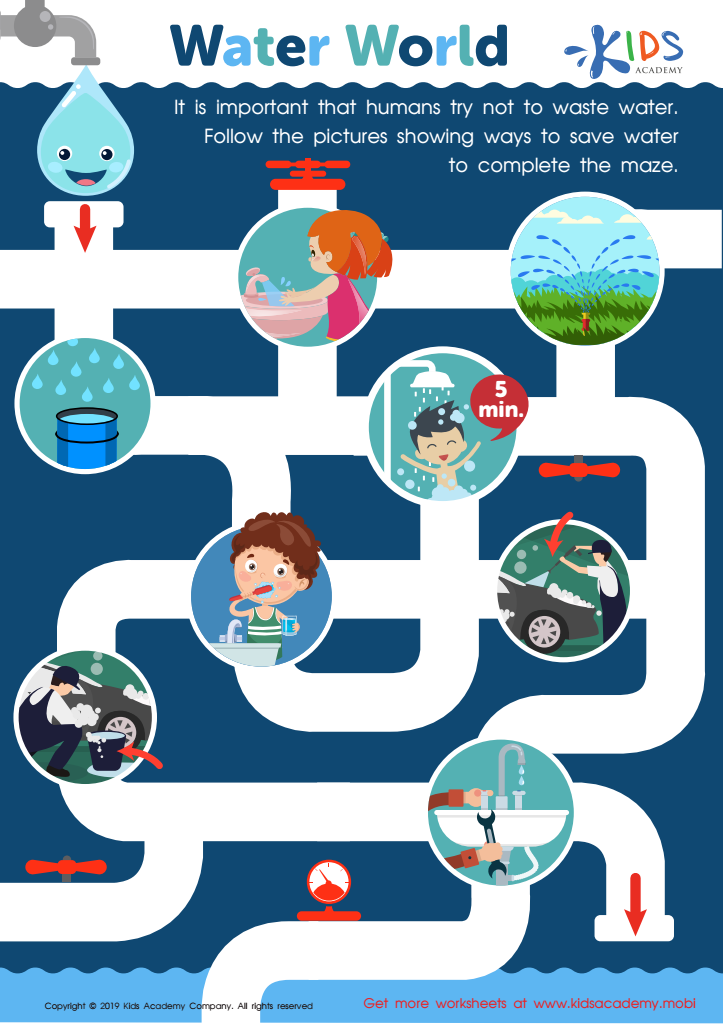

Water World Worksheet
Enhancing observation skills in young children, particularly with normal plants and animals, is vital for their holistic development. When children aged 3-6 observe and interact with nature, they develop critical thinking and curiosity, essential skills that form the foundation of lifelong learning. Active engagement with the natural world allows children to form questions, notice details, and make comparisons, fostering a scientific mindset at an early age.
Moreover, observation of plants and animals hones sensory skills and increases attention span. These experiences outdoors or in a classroom setting deeply cultivate children's senses as they use sight, touch, and sometimes even smell to explore their environment. It also strengthens language development as children learn new words to describe what they see and feel.
Understanding and appreciating nature contributes significantly to emotional well-being. Interacting with plants and animals often instills a sense of calm and wonder, promoting a love for life and the environment. It helps children to respect living organisms, fostering empathy and responsible behavior.
Lastly, enhancing observation skills in this age group aligns well with educational goals and academic standards. Teachers and parents who prioritize these skills lay a robust foundation for future subjects in science, art, and beyond. Therefore, cultivating keen observation skills towards plants and animals supports multifaceted growth, merging cognitive, emotional, and social domains effectively.
 Assign to My Students
Assign to My Students
